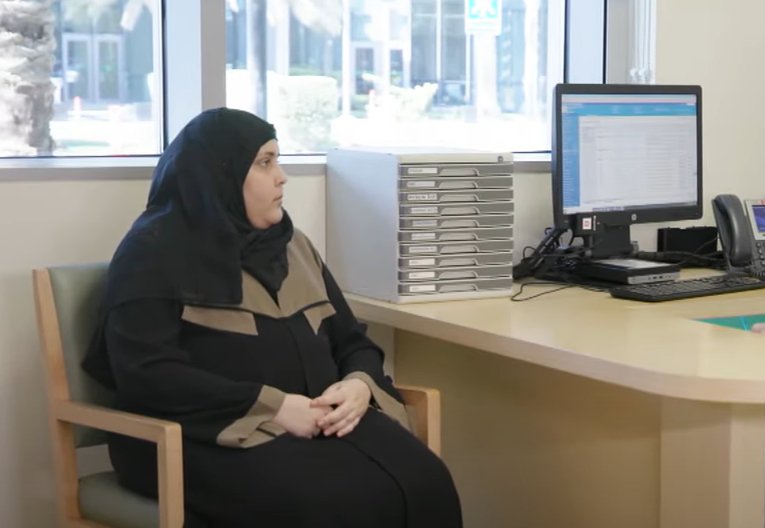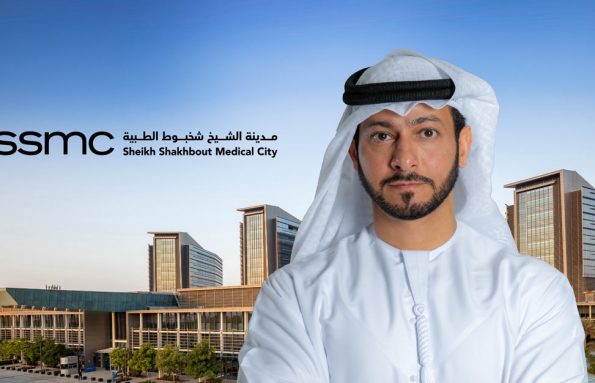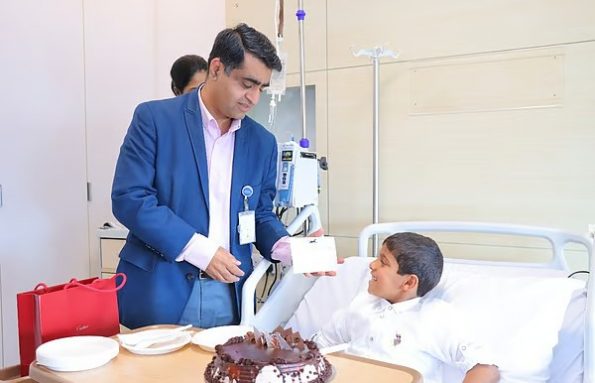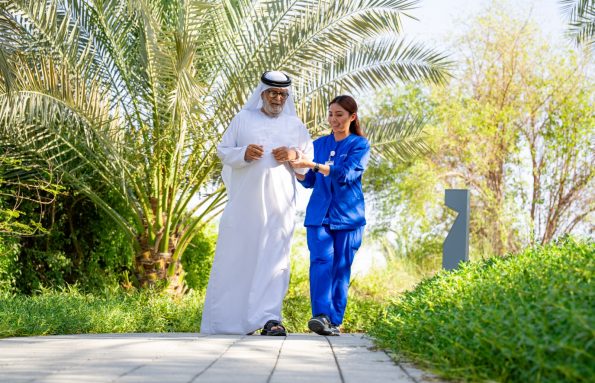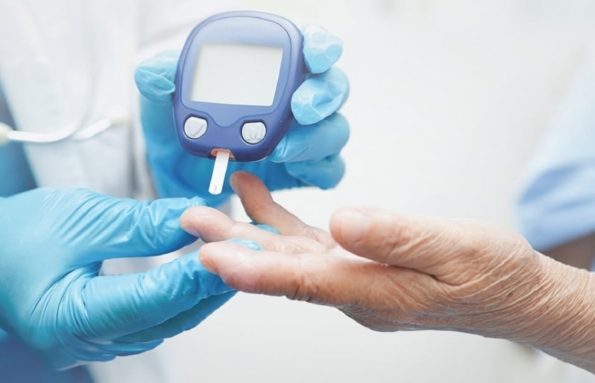Two patients suffering from a life-threatening disease, myasthenia gravis, have been treated with novel medications only available at SSMC
Abu Dhabi, United Arab Emirates: Sheikh Shakhbout Medical City (SSMC), one of the UAE’s largest hospitals for serious and complex care and a joint-venture partnership between Abu Dhabi Health Services Company (SEHA) and Mayo Clinic, has secured a new treatment in the UAE for patients living with myasthenia gravis. The rare neuromuscular autoimmune disease affects 700,000 people worldwide annually and, when effectively treated, can allow patients to manage symptoms and live a largely normal life
To date, SSMC’s multidisciplinary team of doctors have successfully treated a woman who was diagnosed with the disease six months prior to her treatment. The 40-year-old woman is the first patient in the Middle East and North Africa to be treated by the myasthenia gravis medication available at SSMC. The treatment she is receiving helps remove the excess antibodies that cause the disease. Additionally, the SSMC Neurology Department is currently caring for Noura Al-Jarad, a 33-year-old female patient who is suffering from the same autoimmune illness, and supporting her throughout her treatment.
Myasthenia gravis is characterized by weakness and rapid fatigue of any of the muscles under voluntary control (such as biceps, abdominals, hamstrings, etc.) and is caused by a breakdown in the normal communication between nerves and muscles. These muscles typically control functions that involve movement of the arms and legs in addition to breathing, which can impact daily functions such as eating and speaking. Despite there being no known cure for myasthenia gravis, the condition can be effectively managed through medications and surgery that involve the removal of the thymus gland, which is located in the chest. Other possible sites of anomalous gland growth can also require an extensive procedure.
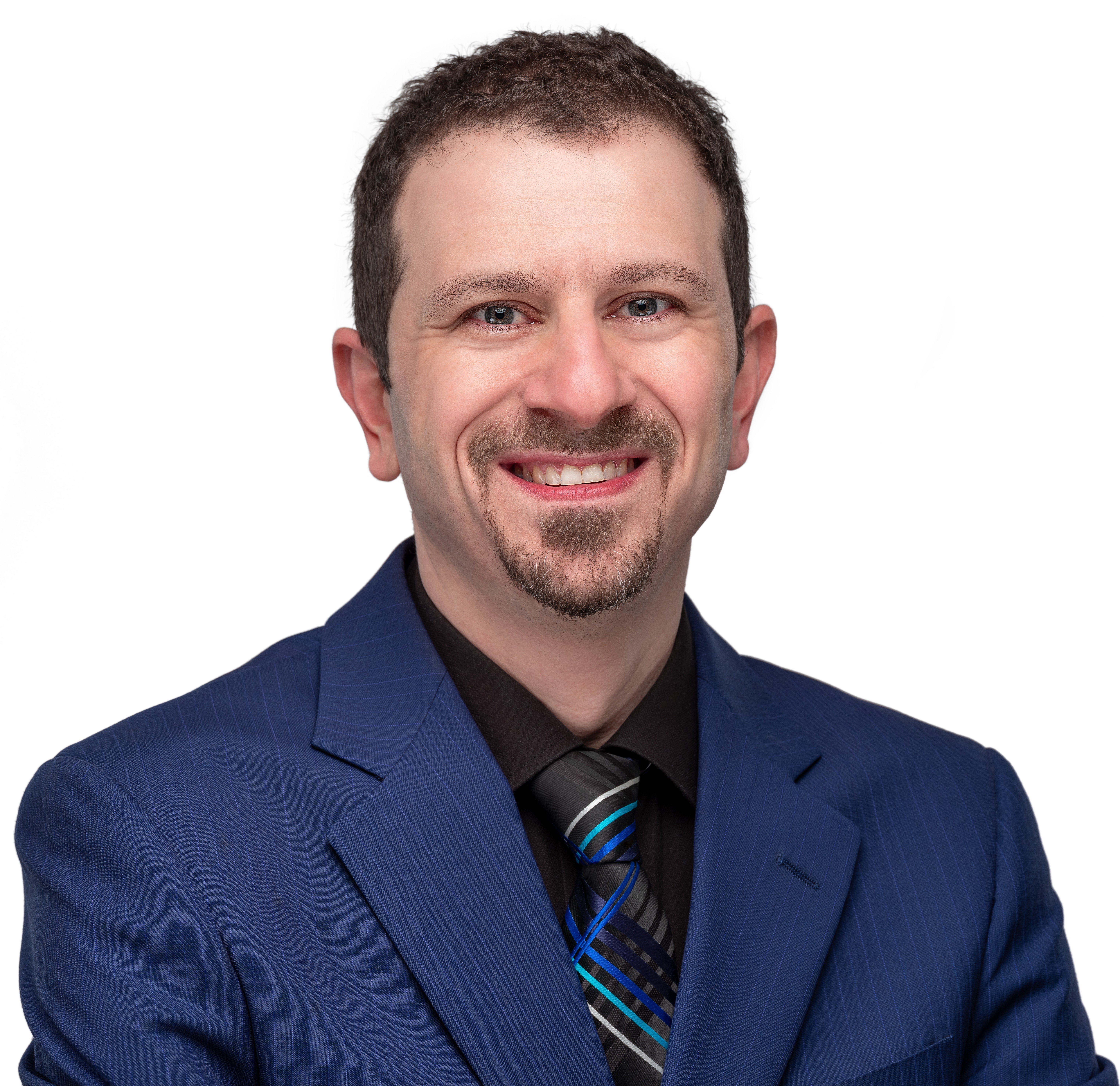
Through a collaborative approach led by medical experts at SSMC, Dr. Ahmed Shatila, neurology consultant and head of the Multiple Sclerosis Clinic at the hospital, initially conducted in-depth research into both patients’ cases to find the latest and most suitable treatment for each of them. He prescribed to them novel FDA-approved medications that have proven to vastly improve the quality of life of people living with myasthenia gravis. The first patient’s treatment plan involved undergoing minimally invasive surgery to first remove her thymus gland due to a tumor and proceeded with her new medication four weeks after her surgery. Whereas Noura is currently undergoing treatment and intends to remove her thymus gland in the near future.
Dr. Shatila said: “Through access to the latest scientific advancements and valuable exchanges amongst our highly experienced medical team, we devised the best treatment for both patients. As part of SSMC’s dedicated approach to treatment, our multidisciplinary team will be working closely to monitor their medication plans and ultimately help them lead a better life.”
A foundational element to treating Myasthenia Gravis involves the patient undergoing a thymectomy, which entails the surgical removal of the thymus gland. As opposed to open surgery, the key-hole technique adopted for this patient’s thymectomy allowed her to benefit from reduced levels of post-operative pain in addition to a speedier recovery, a shorter hospital stay and a quick return to daily activities.
SSMC’s patient, Noura Al-Jarad, expressed her relief and gratitude for receiving the right diagnosis and her treatment journey at SSMC and said: “Right after I gave birth last year, I felt my eyelids drooping and faced difficulty while breathing. I went on to consult several doctors that placed me on ineffective treatments that resulted in me having multiple complications such as osteoporosis, significant weight gain and trouble walking. After a full year of continued suffering, I’m eternally grateful to Dr. Shatila who did his very best to secure the most suitable treatment for me right here in Abu Dhabi.
“I’m still in awe at how I was able to stand up independently and go to the bathroom on my own, only one day after starting my treatment plan, as I wasn’t able to do so previously.”
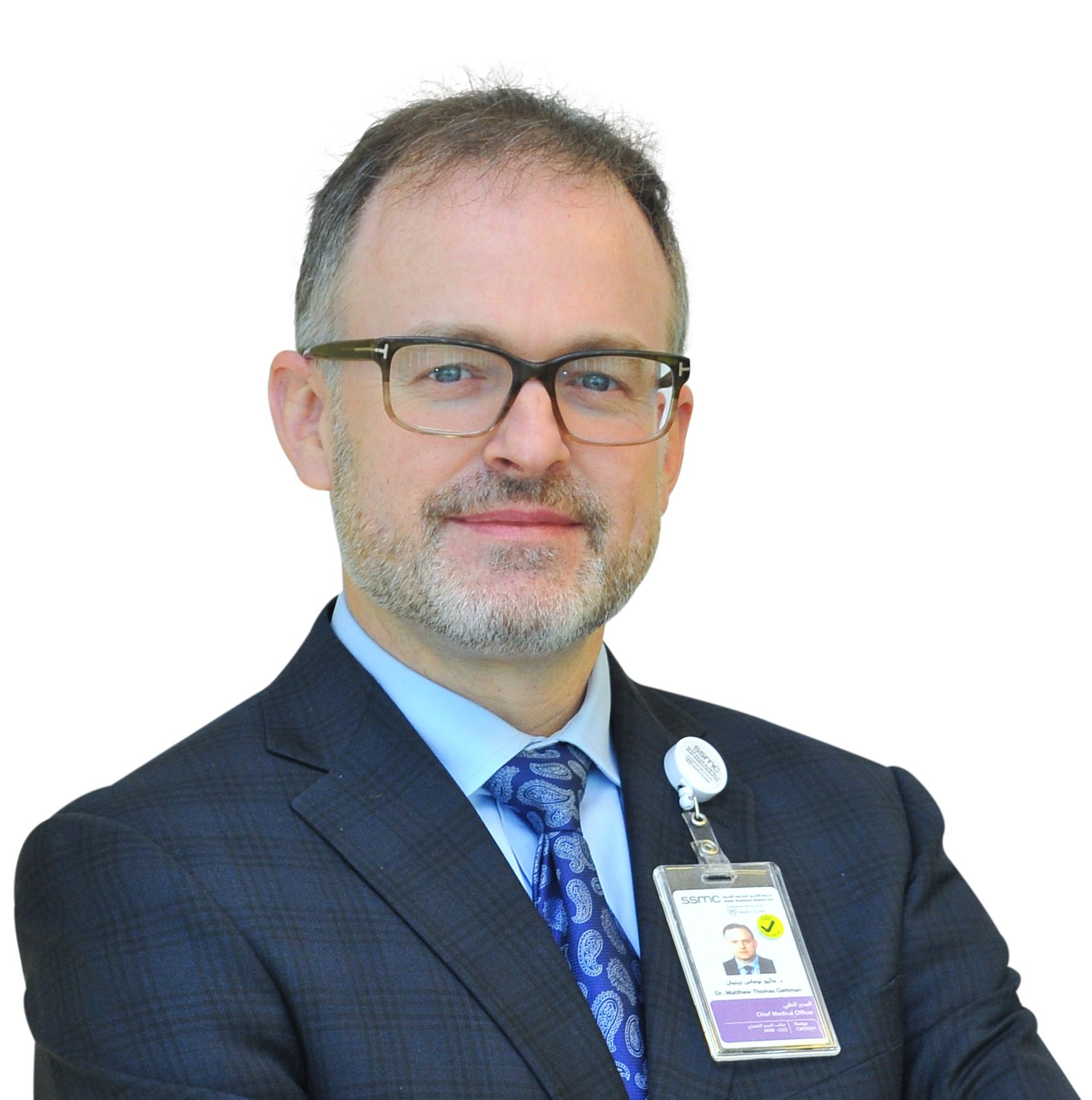
Dr. Matthew Gettman, chief medical officer of SSMC, commented: “Having a highly specialized complex and serious care hospital in the heart of the MENA region allows for patients with rare diseases to receive premium care closer to home. I am extremely proud of the true sense of leadership displayed by our medical teams and for their relentless pursuit of placing patient needs first.
“Through our unshakable commitment to our three shields of excellence in clinical practice, research and education, we will always aim to place patients at the heart of our mission and provide them with the best possible treatments and outcomes.”

